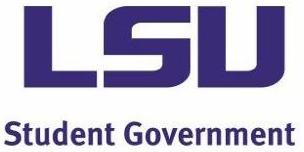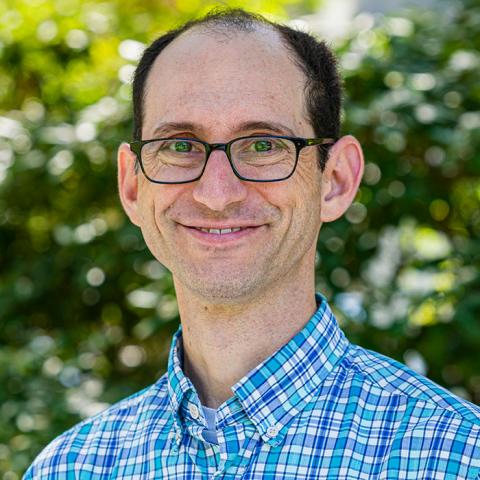LSU Mathematics Student Colloquium
The goal of the LSU Mathematics Student Colloquium is to give both undergraduate and graduate students the opportunity to hear and interact with speakers from across the country, providing information and perspective possibly relevant to their graduate and postgraduate careers.
Each invited speaker will spend several days at LSU, giving multiple talks and making himself or herself available to undergraduates.
Talks are not confined to the math department but open to everyone. Those majoring in related fields are encouraged to come.

We are a chartered LSU student organization (constitution and bylaws). We are munificently funded by the Student Government Programming, Support, and Initiatives Fund (PSIF), and the LSU Mathematics Department. We are grateful for the generous past funding made by grants from the National Science Foundation (a VIGRE grant) and the Board of Regents.
Wednesday, February 11: Joshua Sabloff

Joshua Sabloff is the J. McLain King 1928 Professor Mathematics at Haverfold College. His mathematical research lies broadly in geometry and topology with a focus on symplectic and low-dimensional topology.
Joshua will be having an informal discussion with graduate students about what a career looks like in primarily undergraduate institutions.
Undergraduate Talk (Lockett 233; Wednesday, February 11, 10:30-11:30pm)
Title: How to Tie Your Unicycle in Knots: An Introduction to Legendrian Knot Theory
Abstract: You can describe the configuration of a unicycle on a sidewalk using three coordinates: two position
coordinates x and y for where the wheel comes into contact with the ground and one angle coordinate
that describes the angle that the direction the wheel makes with the x axis. How are the instantaneous
motions of the unicycle constrained (hint: do you want your tire to scrape sideways)? How can we
describe that constraint using generalizations of tools from vector calculus?
The system of constraints at every point in (x,y,t)-space is an example of a "contact structure," and a path
that obeys the constraints is a "Legendrian curve." If the curve returns to its starting point, then it is called
a "Legendrian knot." A central question in the theory of Legendrian knots is: how can you tell two
Legendrian knots apart? How many are there? In other words, how many ways are there to parallel park
your unicycle?
There will NOT be a practical demonstration.
Student Colloquium (Lockett 233; Wednesday, February 11, 1:30-2:30pm)
Title: On the Non-Orientable Genera of a Knot: Connections and Comparisons
Abstract: We define a new quantity, the Euler-normalized non-orientable genus, to connect a variety of ideas in the theory of non-orientable surfaces bounded by knots. We use this quantity to explore the geography of non-orientable surfaces bounded by a fixed knot in 3 and 4 dimensions. In particular, we will use the Euler-normalized non-orientable genus to reframe non-orientable slice-torus bounds on the (ordinary) non-orientable 4-genus and to bound below the Turaev genus as a measure of distance to an alternating knot. This is joint work with Julia Knihs, Jeanette Patel, and Thea Rugg.
Gallery
See for photos of our previous student colloquiums.